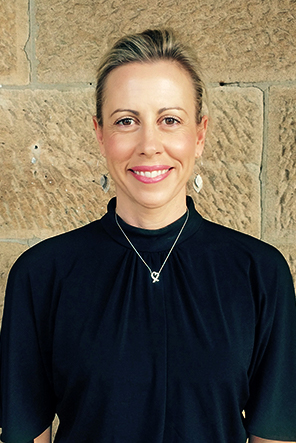HEIDI DOUGLASS | h.douglass@unsw.edu.au
We focus too much on memory loss in relation to dementia and not enough on difficulties with identifying emotions in social situations, according to researchers from UNSW Sydney’s Centre for Healthy Brain Ageing (CHeBA) and the MARCS Institute for Brain, Behaviour and Development at Western Sydney University.
The perspective paper, published in Frontiers of Psychiatry, has highlighted the importance of assessing standard emotional responses to situations in order to improve diagnosis and management of dementia.
Lead author and social health expert Dr Suraj Samtani said that individuals with many types of dementia can identify most emotions such as happiness, sadness, surprise and fear, but have difficulties identifying other basic or primary emotions, including disgust or anger in facial expressions, as well as sarcasm and jokes in conversations.
The value of assessing social cognition in older adults with dementia is to improve early intervention and treatment.
Dr Suraj Samtani
“It can also help identify dementia pathways for individuals from type of dementia such as frontotemporal dementia, to development of behavioural symptoms. Early signs of Alzheimer’s disease - the most common form of dementia - involve memory loss, but for other types of dementia such as frontotemporal dementia, difficulties with social cognition are often the earliest signs of change.
Humans are inherently social beings, and having social connection is considered a basic human need. As individuals age, a variety of physical, cognitive and social changes take place, which can influence daily functioning and subsequently overall wellbeing.
Dr Samtani explained that in this context social cognition is “our ability to recognise emotions, social cues, inhibit inappropriate behaviour and act appropriately in social situations.”
Social cognition is a key component of how we function as social beings and includes the ability to understand other people’s mental states, and being able to feel and respond to what other people feel.
“Deficits in any of these social cognitive functions are a core feature of mild cognitive impairment and dementia, and may represent an early decline in cognitive function,” said Dr Samtani.
“These can manifest through behaviours such as difficulties with eye contact, behaving rudely or offensively and a clear failure to detect social cues in conversations.”
Routine social cognition assessments would ensure timely and appropriate interventions to improve social functioning and strengthen social health for individuals with dementia.
Another important factor noted in the paper is the link between social cognitive skills and the maintenance of social relationships.
Dr Joyce Siette from the MARCS Institute and senior author on the paper explained that individuals experiencing difficulty responding to social cues or having trouble reading emotions will likely become isolated and lonely.
With recent evidence indicating that social isolation is a known modifiable risk factor for dementia, it is time to consider how we can reliably detect social cognitive deficits, as well as identify changes in them over time.
Dr Joyce Siette
However, identifying these deficits has many challenges, notably that there is no standard or accepted approach to measuring them.
While social reasoning and identifying and remembering faces add great value to the assessment of social cognition, the lack of measuring skills such as eye contact, asking open ended questions, using humour, understanding puns and keeping conversations going marks a flaw in the dementia diagnosis process.
“The majority of social cognition measures have either not been rigorously developed or psychometrically validated with people experiencing cognitive changes, with social behaviour the key component that remains to be assessed properly,” said Dr Samtani.
Internationally acclaimed leaders in the ageing brain and Co-Directors of CHeBA, Professor Henry Brodaty and Professor Perminder Sachdev, said that “more work was needed to develop an effective measurement of social cognition that have functionality in the clinic.”



